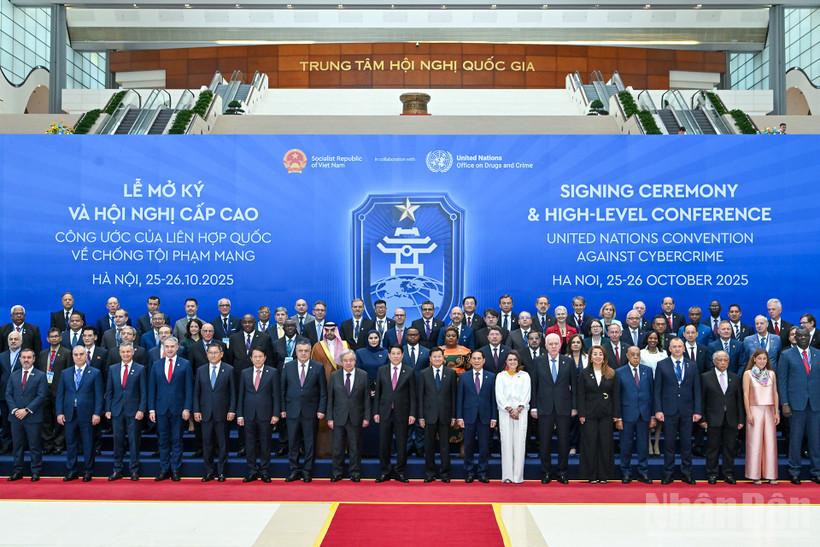
On a long journey with a series of fluctuations and ups and downs in the world situation, the United Nations has always persevered in overcoming difficulties, affirming its role as a "beacon" that sows the light of hope for the world towards a future of peace and cooperation.
Going back in history 80 years ago, amidst the ashes of World War II, the United Nations was born with a noble mission: to maintain international peace and security. On June 26, 1945, countries signed the United Nations Charter to establish this multilateral organization.
On October 24, 1945, the United Nations Charter officially came into effect. Since then, this organization has always strived to maintain its role as the “gatekeeper” of peace, preventing and eliminating threats to international peace and security, and promoting the settlement of disputes by peaceful means, negotiation and dialogue.
From 51 member states when it was founded, the United Nations is now the "common home" of 193 members. Over the past 80 years, the most prominent mark of the largest multilateral organization on the planet has been its role as a mediator in international crises and its initiatives to resolve conflicts.
This is demonstrated through the story of peace in the Gaza Strip. Amidst the complex conflicts and confrontations of the parties involved, under the encouragement of the United Nations, many countries recognized the State of Palestine on the occasion of the 80th Session of the United Nations General Assembly.
This is a positive and encouraging step forward for the organization's diplomatic efforts for peace.
The United Nations carries out many important missions such as providing food aid, deploying peacekeeping troops in conflict hotspots. With 17 Sustainable Development Goals (SDGs), this organization promotes a series of agendas to increase human life expectancy, eradicate hunger, reduce poverty, provide humanitarian relief, improve education, health...
UN Secretary-General Antonio Guterres affirmed that the United Nations is not simply a place for parties to meet, but “a force for peace, a guardian of international law and a lifeline for people in crisis”.
On the occasion of the 80th anniversary of the founding of the United Nations, the signing ceremony of the United Nations Convention against Cybercrime took place in the capital city of Hanoi, Vietnam, marking a historic turning point in the global joint effort to protect cyberspace.
The above achievements are a testament to the irreplaceable role of this multilateral organization in rallying the spirit of international solidarity, and at the same time reflect the enduring vitality of multilateralism over the years.
Compared to 80 years ago, the world situation today has changed dramatically. Prolonged conflicts, intense geopolitical tensions, serious humanitarian crises, natural disasters caused by climate change, cyber attacks, epidemics... are challenges that are not easy to solve.
Having to simultaneously deal with several major crises while mobilizing the necessary resources for development activities puts great pressure on the United Nations.
Faced with the changes of the times, UN Secretary-General Antonio Guterres has proposed a reform initiative called UN80, focusing on three main focuses: improving operational efficiency through cost-saving measures; reviewing the way tasks are performed; and adjusting the structure of the entire UN system. Member states all agree that the United Nations needs to be reformed to enhance its role and operational efficiency in the new situation.
The road ahead to maintain the United Nations' mission of protecting peace and security is still full of difficulties. However, with the foundation of the achievements made over the past 80 years, and the determination to reform extensively to meet the objective requirements of the practical situation, the United Nations continues to be trusted as a "beacon" guiding the world towards a fair and rules-based international order.
Updated October 27, 2025
Source: https://laichau.gov.vn/tin-tuc-su-kien/chuyen-de/tin-trong-nuoc/ngon-hai-dang-dan-loi-toan-cau.html


![[Photo] Flooding on the right side of the gate, entrance to Hue Citadel](https://vphoto.vietnam.vn/thumb/1200x675/vietnam/resource/IMAGE/2025/10/28/1761660788143_ndo_br_gen-h-z7165069467254-74c71c36d0cb396744b678cec80552f0-2-jpg.webp)

![[Photo] National Assembly Chairman Tran Thanh Man received a delegation of the Social Democratic Party of Germany](https://vphoto.vietnam.vn/thumb/1200x675/vietnam/resource/IMAGE/2025/10/28/1761652150406_ndo_br_cover-3345-jpg.webp)
![[Photo] Draft documents of the 14th Party Congress reach people at the Commune Cultural Post Offices](https://vphoto.vietnam.vn/thumb/1200x675/vietnam/resource/IMAGE/2025/10/28/1761642182616_du-thao-tai-tinh-hung-yen-4070-5235-jpg.webp)


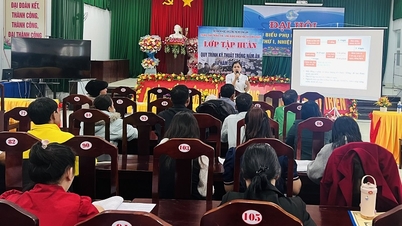





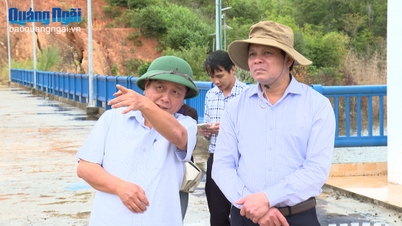
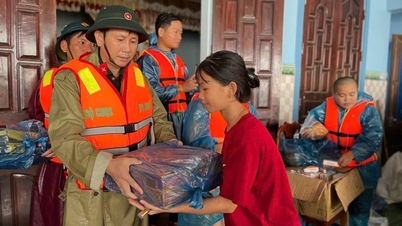

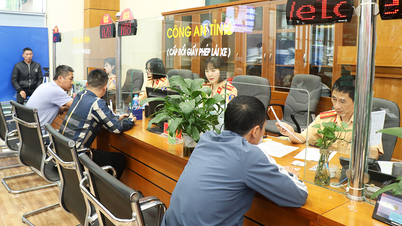





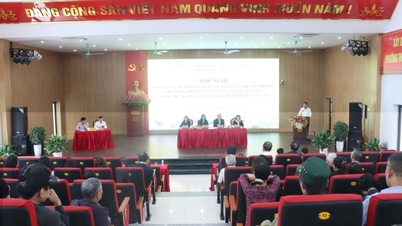
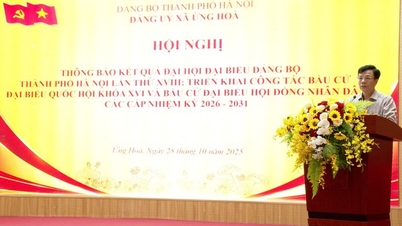
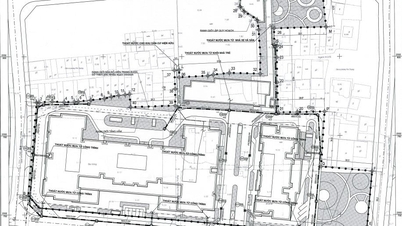
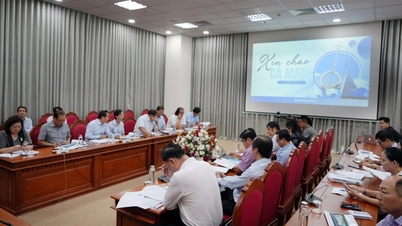
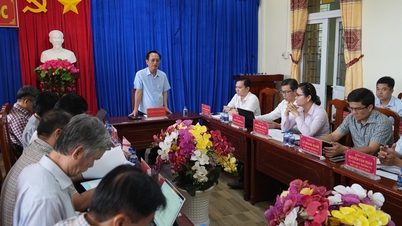
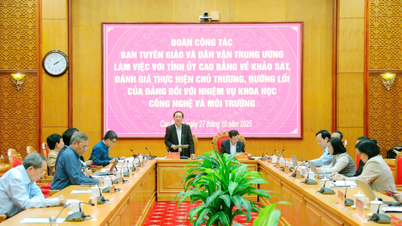

![[Photo] President Luong Cuong attends the 80th Anniversary of the Traditional Day of the Armed Forces of Military Region 3](https://vphoto.vietnam.vn/thumb/1200x675/vietnam/resource/IMAGE/2025/10/28/1761635584312_ndo_br_1-jpg.webp)

































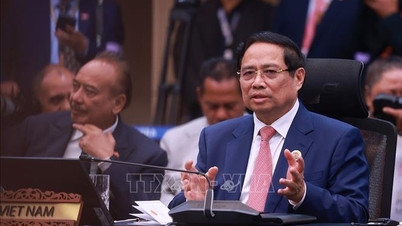

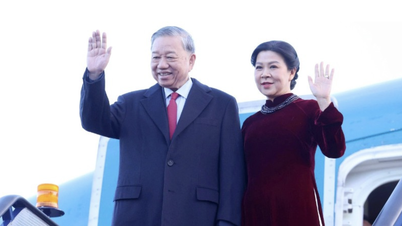



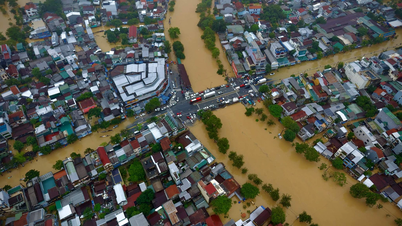


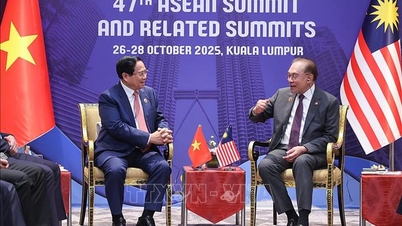

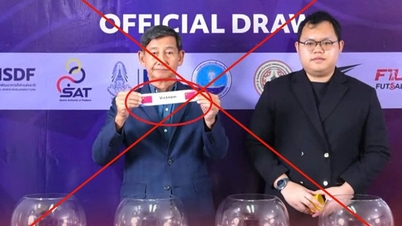

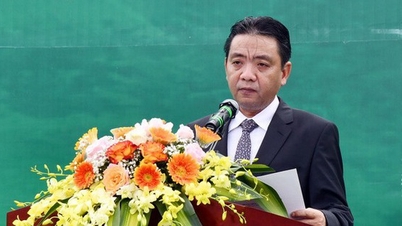
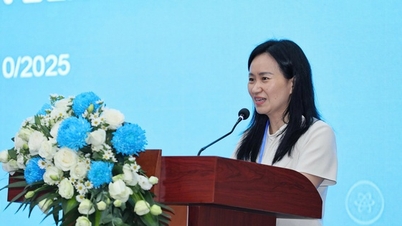

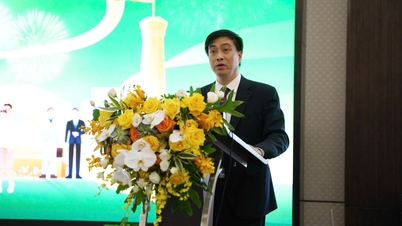


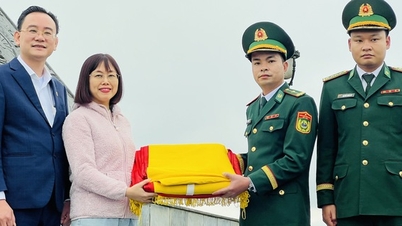


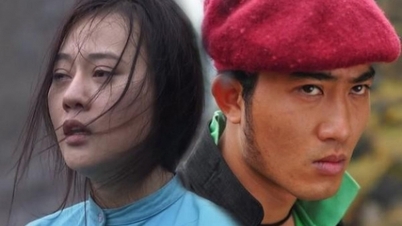

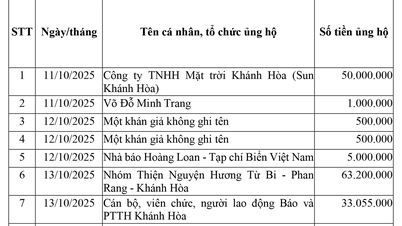
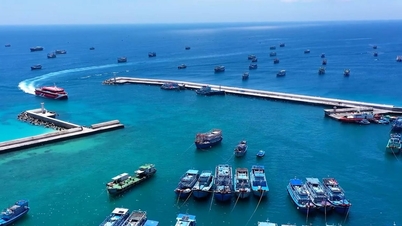


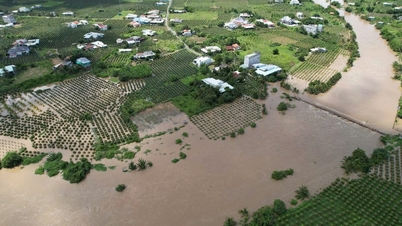














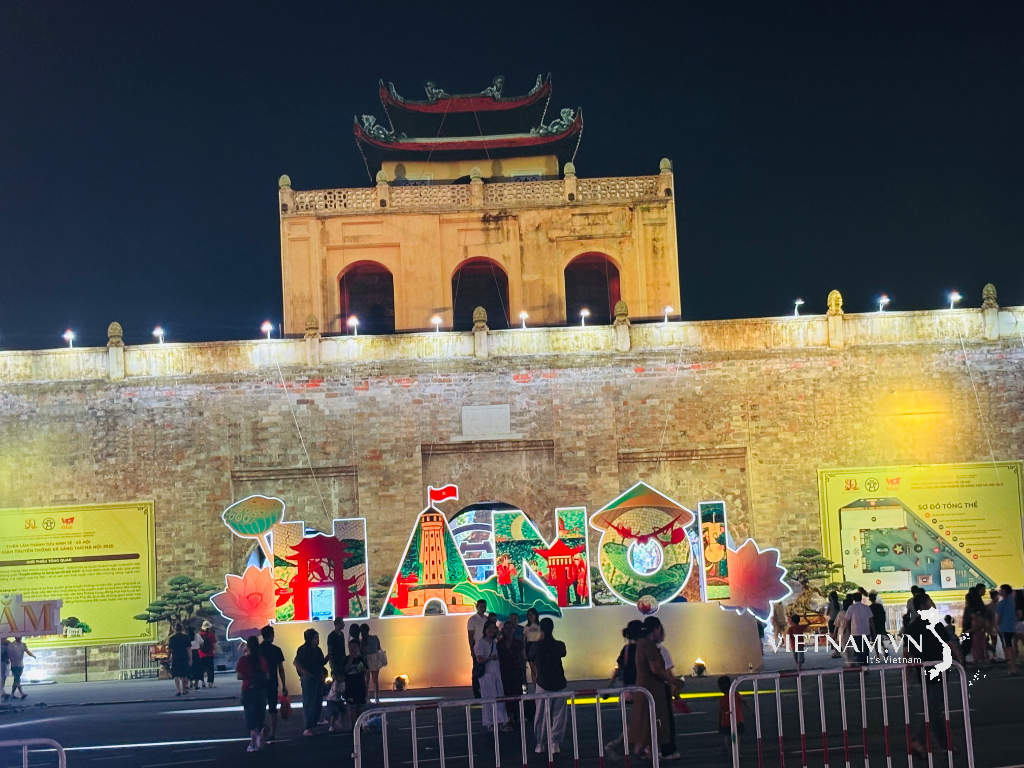
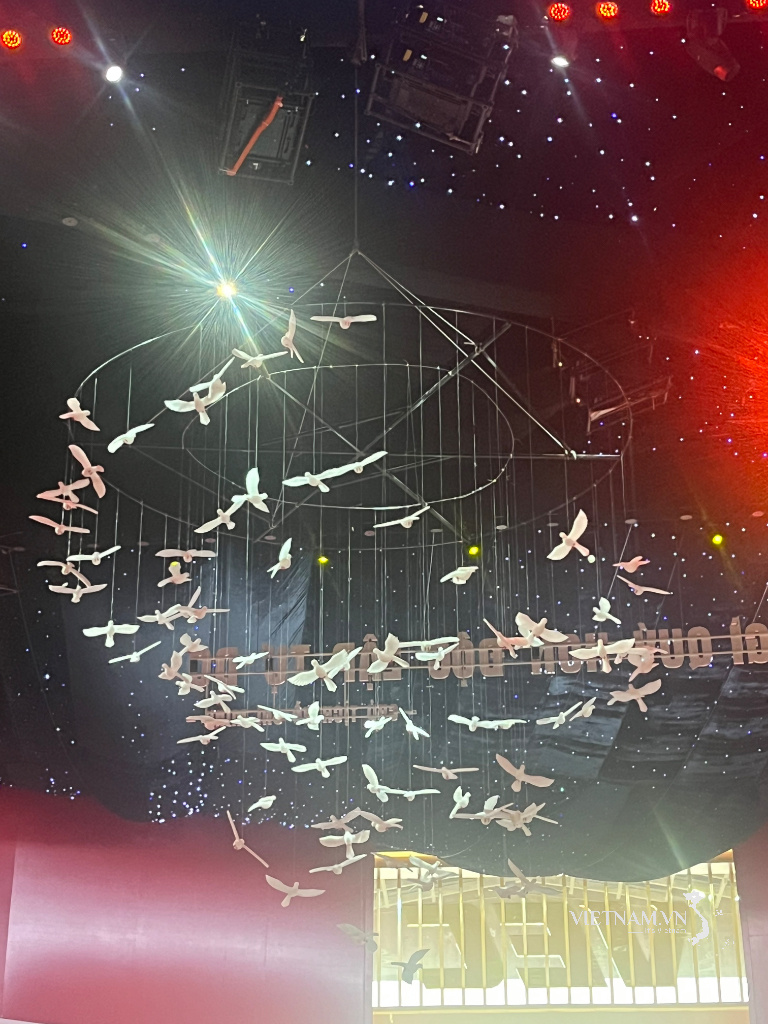
Comment (0)